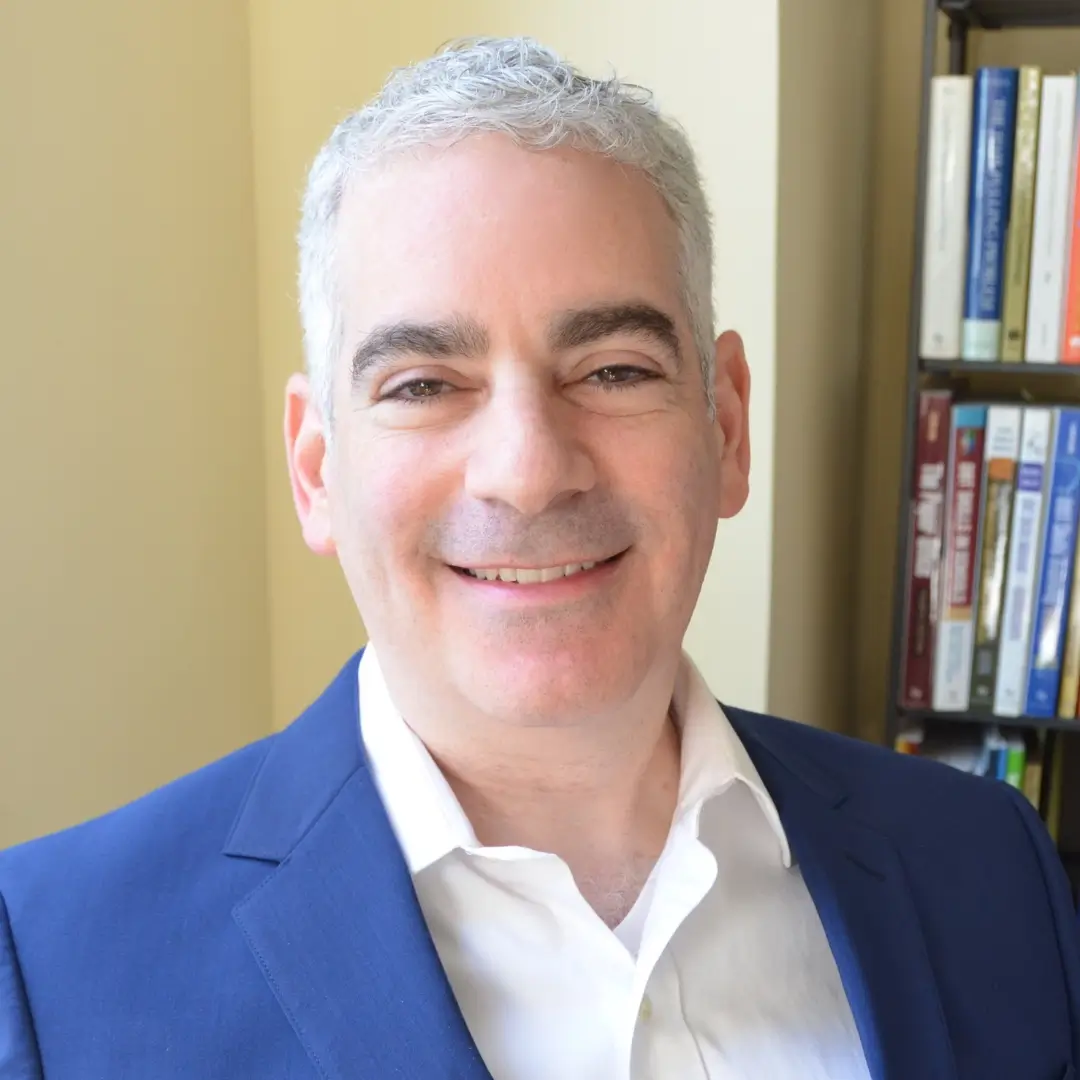Last updated: June 14, 2025
OCD and Confessing
A rarely discussed symptom of OCD is an overwhelming need to confess “sins,” even when the transgressions are very slight. Typically this will arise in the context of a marriage or romantic relationship. At first, what is confessed may not seem so minor. However, if the problem is not addressed, the confessed acts often become quite trivial.
For example, let’s say that a man with OCD feels attracted to his co-worker. If he suffers from this form of OCD, he might feel very anxious, telling himself that he has to tell his girlfriend about this situation so as not to damage to their relationship. If he does, in fact, tell his girlfriend, she might react by saying, “Oh, okay. Just don’t act on it — no big deal.” Then, the man with OCD will feel relieved. This completes a cycle of anxiety for this man — he engages in the compulsion, and immediately feels relief from anxiety. Doesn’t sound too terrible, right?
Where Does It End?
The problem is that this pattern often does not stop. The next week he might be confessing more minor things, like having wondered whether a female acquaintance likes him, or even having thought his 9th-grade homeroom teacher was attractive (many years ago). Although these latter two situations might seem less important to most observers, they provoke just as much anxiety for the OCD sufferer.

It is often a downward spiral that can reach the point where spouses/ boyfriends/ girlfriends can become frustrated at having to listen to meaningless confessions every day. Ironically, this can strain a relationship more than if the OCD sufferer had not mentioned anything.
How to Cope with Confession Compulsions
For people suffering from this symptom of OCD, the key is recognizing the role anxiety plays. Do they need to confess because it’s the right thing to do, or is it because they’ll feel relieved? (This happens due to a phenomenon called negative reinforcement.) Do they want to confess despite having been told by their partner that it is not necessary or helpful? Working with a therapist trained in exposure and response prevention can be a helpful way to change the way one deals with anxiety in these situations.
Perhaps what helps the most for people struggling with a compulsive need to confess is improving their ability to tolerate “having a secret.” If you are struggling with this problem, try to delay the confession if you’re not able to refrain altogether. Will it really matter if you tell them five minutes later than when you have the impulse? Once you get some practice delaying, you can gradually increase the length of the delay. As you do so, you steadily weaken the compulsive habit. Good luck!
Subscribe to the Manhattan Center for Cognitive-Behavioral Therapy blog!










1 Comment
Eu tenho esse toc e horrivel, e incontrolavel, você faz de tudo para nao ter que confessar, mas a unica opção que tem e vc confessar, ate intenções e desejos vc tem que si policiar pra poder não errar, si não ja era, sua mente fica em estado de alerta porque ta errado, e a unica coisa que alivia e confessar, vc n consegue focar mais em nada e fazer mais nada direito ate que vc confesse